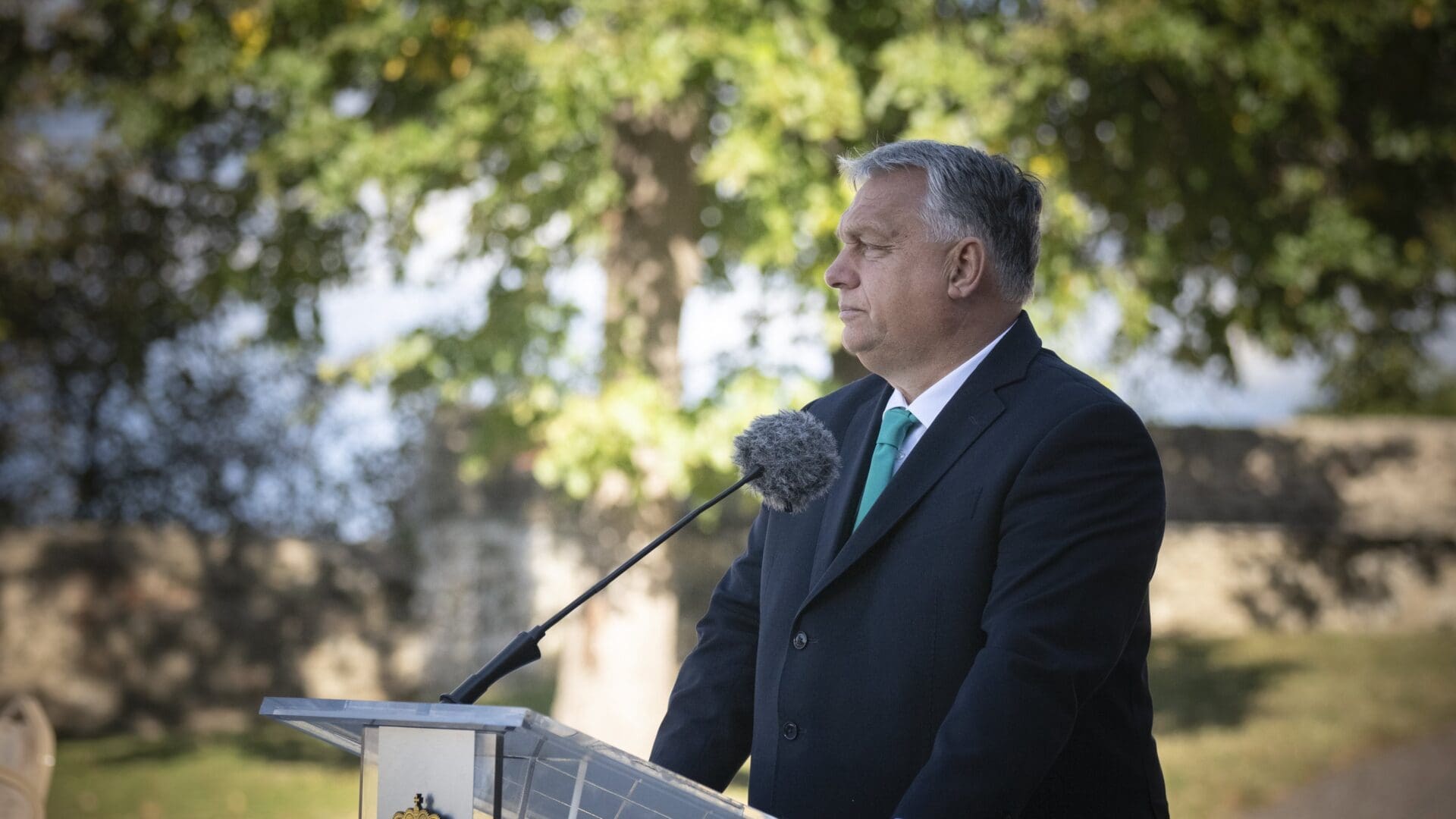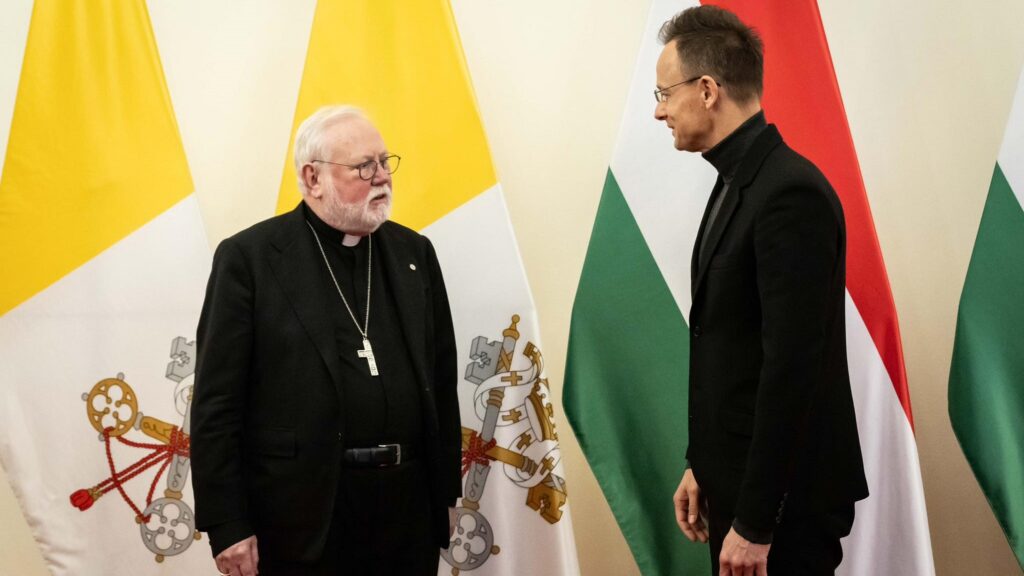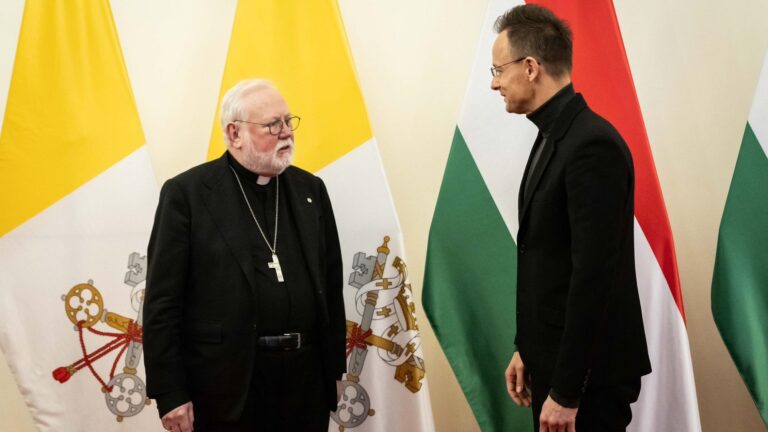Khaled Meshaal, the former leader of Hamas, called for protests in the Arab and Islamic world to support the Palestinians and join the fight against Israel. Meanwhile, in Budapest, a pro-Palestinian organization also announced a sympathy demonstration in front of the Ministry of Foreign Affairs and Trade for Friday. However, the Prime Minister clearly stated that the country stands with Israel, and there will be no such demonstration.
Khaled Meshaal, the former leader of Hamas, urged the Muslim world to participate in demonstrations to support the Palestinians and to join the fight against Israel. He designated this Friday, 13 October as the day for global demonstrations, saying ‘We must head towards the squares and streets of the Arab and Islamic world.’ His statements are somewhat vague and not entirely clear in terms of their specifics. Fox News has already used the term ‘global’ and clearly concluded: ‘The former leader of Hamas calls on all Muslims around the world to protest against Israel and join their fight.’
In his regular Friday morning radio interview, Prime Minister Viktor Orbán noted that sympathy protests for terrorists are taking place throughout Europe.
By contrast, he declared, Hungary will not allow such demonstrations.
He referred to the pro-Palestinian protests as hotbeds for terrorism. In Western Europe, many people support these actions, as according to the PM sympathizers of Hamas are among the refugees admitted there.
According to Meshaal’s declaration, it is the greater duty of the governments and peoples of Jordan, Syria, Lebanon, and Egypt to support the Palestinians. Meshaal wrote: ‘Jordan’s tribes, Jordan’s sons, Jordan’s brothers, this is the moment of truth, and the borders are close to you, you are all aware of your responsibility.’ He added: ‘To all scholars who teach jihad… to all who teach and learn, this is a moment for the application (of theories).’
Mohamed bin Salman, the Crown Prince of Saudi Arabia, and Ebrahim Raisi, the President of Iran, had their first telephone conversation on Thursday since the outbreak of the war. Raisi stated that Iran and Saudi Arabia should ‘support the oppressed Muslim nation, the Palestinians, in this critical situation.’ The Iranian president and the Saudi crown prince also discussed the need to ‘put an end to the war crimes against Palestine.’ Overall, it is clear that
a much larger conflict is beginning to emerge, which, some interpretations suggest, could have global consequences.
Zoltán Kovács, the State Secretary for International Communication and Relations, reminded in January of last year that the prime minister had introduced a zero-tolerance policy against anti-Semitism. In 2012, the Fundamental Law was enacted, which recognizes the Hungarian Jewish community as an integral part of the Hungarian nation. In addition to being the only country to raise its voice against the growing trend of banning kosher slaughter in Europe, Viktor Orbán was the first Hungarian Prime Minister to publicly acknowledge: ‘Hungary committed a sin regarding the Holocaust, because it failed to protect its Jewish citizens.’
These earlier statements and actions were reaffirmed a few days ago by Vince Szalay-Bobrovniczky, Deputy State Secretary for Social Relations, when he stated: ‘The Hungarian government deeply condemns the vile and cunning terrorist attack that occurred in recent days. We stand in solidarity with Israel, support them in any way we can, and in any way the two parties can agree upon.
The [Hungarian] government naturally recognizes Israel’s inalienable right to defend itself.’
Related articles:








